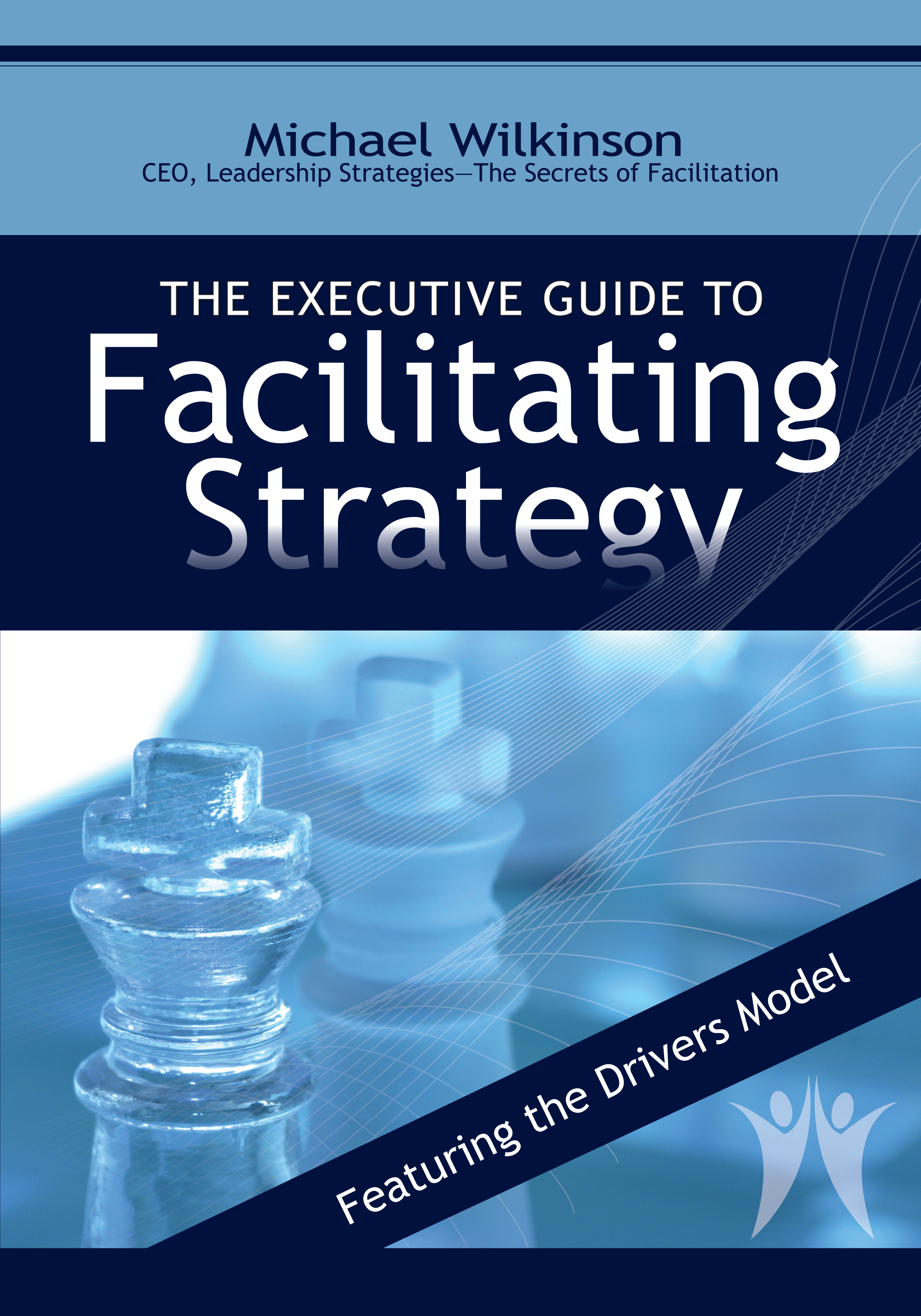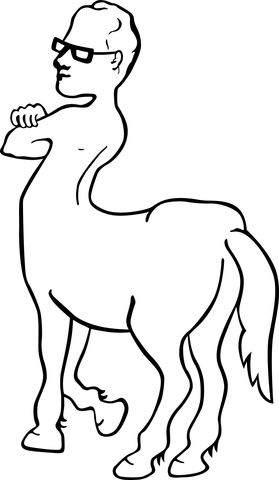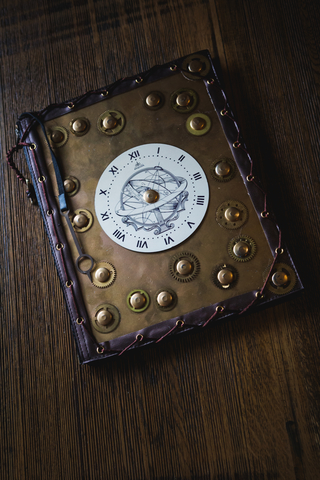The Myriad Paths Of Authorship

Top 12 Business Best Sellers On Smashwords This Morning
Latest Market Entry – Legal
Authorship. You might say it’s the longest running American dream, the idea that one can achieve success and happiness in life on one’s own terms. Very few professions make that promise, and fewer deliver on it. Authorship, however, is one profession that doesn’t hold back.
Well, unless you’re stuck in the authorship paradigm of the past. The new path forward for writers who want to be authors is independence.
Being independent, however, is a choice. And it doesn’t necessarily preclude traditional publishing. Many independent authors never submit a manuscript to a traditional publisher while others start off as traditional authors earning royalties from traditional publishing houses. Neither way is wrong.
The term for authors who pursue publication for themselves, of themselves, and by themselves in conjunction with traditional routes is “hybrid”. And the list of hybrid authors is growing by the day.
Here are a few names. See if you recognize any.
- Chuck Wendig
- Hugh Howey
- Amanda Hocking
- Holly Robinson
- CJ Lyons
Here’s what self-publishing powerhouse Joanna Penn says about hybrid publishing:
“Hybrid is the way forward,” said Penn, “I’m a fan of publishers who want to be creative and do exciting things, and there are lots of things I’d like to do, so I think hybrid is the best way, allowing authors to do some projects with publishers and others that they self-publish.
What does that look like, exactly?
The Best Path For A Hybrid Author
Here’s the dirty little secret. There is no “best path” for a hybrid author. Some, like Amanda Hocking, start out publishing their own books then, due to their own push for success, they are picked up by traditional authors. Others, like Holly Robinson, start out as traditionally published authors and decide to publish a title under their own name. Sometimes, these authors may decide to publish under a pen name.
Other hybrids approach traditional publishing and self-publishing simultaneously. That’s the path Chuck Wendig chose.
The beautiful thing about being a writer at the start of the 21st century is that there aren’t any rules any more. You no longer have to submit your manuscript to agent after agent after agent and listen to endless rejection until finally, years later, you get a publisher to offer you a deal only to find out you have to do your own marketing. There’s nothing wrong with that path if it’s the path that you choose to take. But it’s not the path you have to take.
And it doesn’t matter if you write fiction or nonfiction. All available paths are open for your traversing.
The Best Publishing Path For You
When it comes to being an author, you have an obligation to yourself and the people you love to seek the best path for you. What works for one writer may not work for another. Your best path is the path that promises the terms most favorable to you. For many authors, that’s a hybrid publishing model incorporating traditional publishing strategies with new and independent ones.


